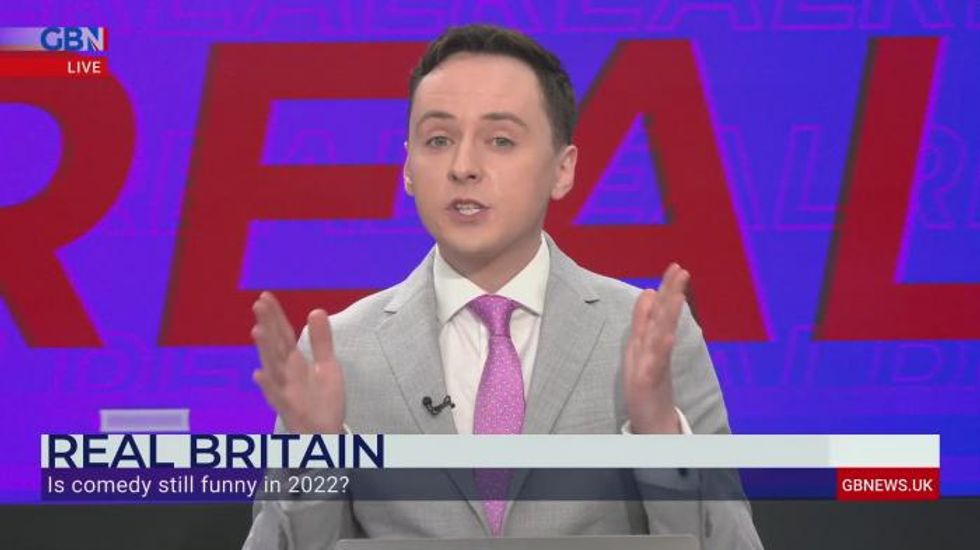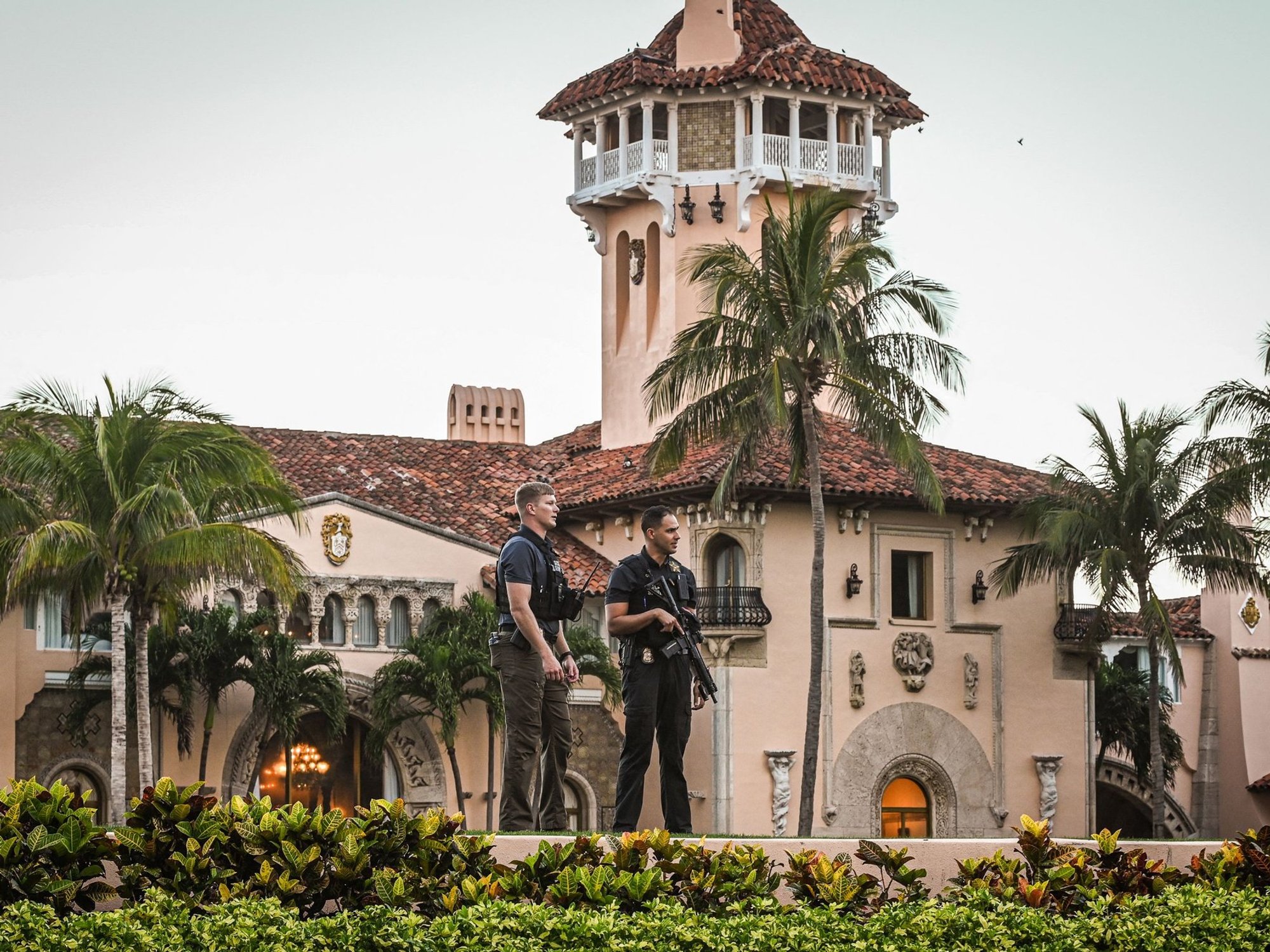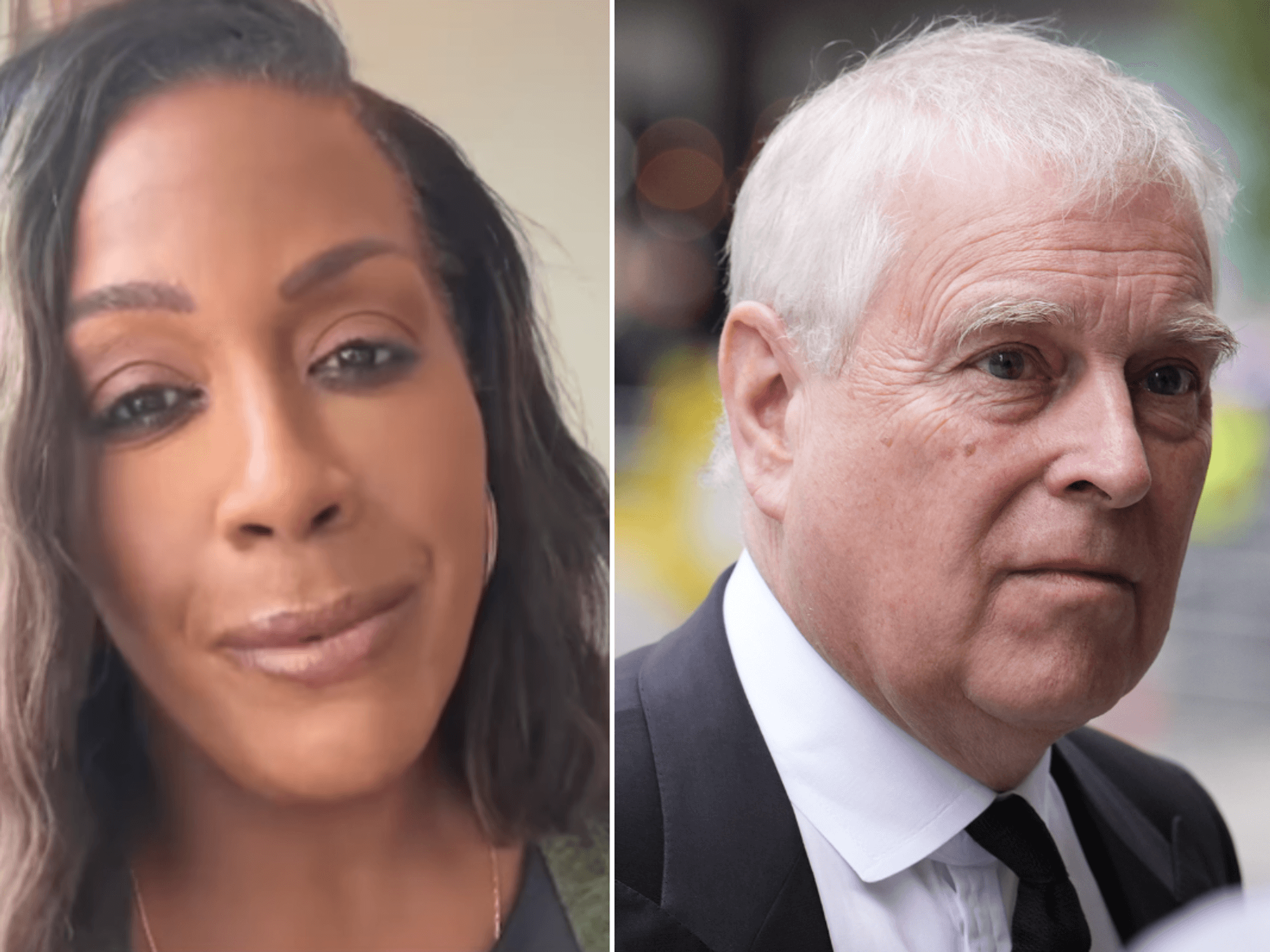Darren Grimes: Is comedy still funny in 2022?

By Darren Grimes
Published: 19/02/2022
- 14:16Updated: 23/03/2023
- 16:49An asphyxiating orthodoxy has brutally murdered comedy through perpetually offended outrage mobs.
Don't Miss
Most Read
Latest
One of the most depressing lines to me that you’ve no doubt heard yourself goes something like: “Oh, you can’t say that now!”, “ooh, you couldn’t air that today!” or “eee, I just keep my mouth shut these days”.
An asphyxiating orthodoxy has brutally murdered comedy through perpetually offended outrage mobs.
My view, folks are straightforward: a comedian’s right to offend should be just as sacrosanct as your right not to listen to that comedian’s content. However, you do not have a right to argue that your feelings about a joke or a comedian mean that said comedian ought to lose their income, career and platform. To that, I say get over yourself.
In Russia, a television drama featuring Volodymyr Zelensky, an actor before he became Ukraine’s president, was reportedly pulled from the telly because of a gag about President Putin.
And I tell you what folks, the prospect of war with Russia is more amusing to me than the BBC’s modern-day attempt at comedy. If you inflicted upon yourself Have I Got News for You or Mock The Week at some point over the last decade, you’ll have no doubt endured constant attrition of gags on Brexit, Boris or something about how awful the Daily Mail is. A platform now for sneering and scorn directed at we stupid people.
You might be thinking, howay Grimesy; this show is called Real Britain; why the hell are you telling me about censorship in Russia and tales of President Putin having an ego that’s about as fragile as a bloke with man flu.
It’s because I fear that our levels of censorship are moving more towards the Russian model than we’d care to admit.
You hear it in the comedy of Frankie Boyle, who made his name in telling sick jokes that caused shock and offence. Nowadays, he frames himself as the self-righteous uber-woke darling of the BBC’s dull as ditchwater attempt at humour.
A recent example of why Boyle has ditched his old act could be found in Jimmy Carr’s Netflix show; it was the most-streamed UK stand-up special last year, with 1.7 million views in the six days after its release on Christmas Day. Jimmy Carr made a joke about the traveller community and the holocaust, causing a slew of Canada Goose-clad middle-class activists to stand outside of his gig in Cambridge and demand he apologises.
It’s the reason why we’re seeing a censoring of Fawlty Towers, with an episode in which Basil mentions ze Germans being pulled from UKTV.
But they did put it back up with an ‘offensive content and language’ warning.
Nearly two decades after The Office and Brent first appeared on television, Ricky Gervais reckons the programme would struggle to get made today because broadcasters are too afraid to take risks. Sir Billy Connolly said he would not make it as a television comedian in today’s thin-skinned world of cancel culture. Even comedic whippersnapper Jack Whitehall said he’s worried about his old stand-up routines being dug up and used against him.
It’s killing comedy, folks; imagine you’re the writer of the next smash hit comedy; how long will it be before it’s picked apart by offence archaeologists, your history analysed, your social media posts picked apart?
This is all incredibly serious because it doesn’t just impact comedians; a YouGov poll from a couple of months back found that a majority of Brits self-censor themselves from declaring their honest view on issues like immigration and the debate around self-ID for trans people because they’re so afraid of what might happen to them if they do.
When you have Sally from Sainsbury’s or Ivan from IKEA unable to voice their own opinion in a purportedly free and democratic country like our own, then I struggle to see how it is that comedy and free expression are safe in modern Britain.
Am I wrong, though, folks? Am I a miserable old boot, old before my time? Or is this something we should be concerned about and push back against in our culture, or simply the changing of tastes and the passing of time?











